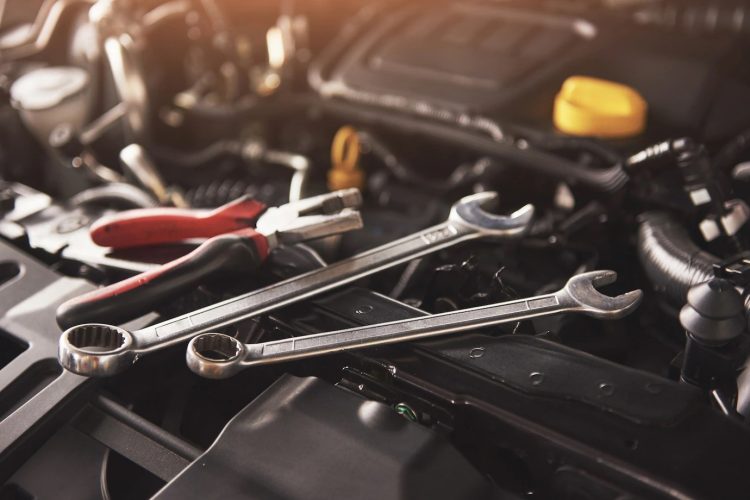In the rapidly evolving world of technology, the significance of workshop tools and equipment has grown exponentially. This sector, often overlooked, plays a pivotal role in shaping the industries of manufacturing, engineering, and even education. This article delves into the transformation of these tools and equipment, tracing their journey from the basic manual apparatus to the sophisticated, technology-driven devices of today.
The Early Days: Manual Tools and Simple Machinery
The history of workshop tools dates back to ancient times when manual tools were the backbone of craftsmanship. From hammers and chisels to saws and planes, these tools were fundamental in constructing and repairing a myriad of items. The craftsmen of yesteryear relied heavily on their skill and these simple tools to create everything from household items to architectural marvels.
The Industrial Revolution: A Turning Point
A significant leap in the evolution of workshop equipment occurred during the Industrial Revolution. This period witnessed the introduction of powered machinery, drastically changing the landscape of manufacturing and construction. Steam power and later, electricity, led to the development of more complex and efficient machines. Lathes, drill presses, and milling machines, once operated by hand, were now powered, increasing productivity and precision in workshops.
The Modern Era: Digitisation and Automation
Today, the world of high-quality workshop equipment has been transformed by digitisation and automation. Computer Numerical Control (CNC) machines, which operate based on precise digital instructions, have become a staple in modern workshops. These machines offer unparalleled accuracy and efficiency, allowing for the production of intricate and complex parts with minimal human intervention.
Safety First: The Role of Technology in Workshop Safety
With the advent of advanced equipment, workshop safety has become more critical than ever. Modern tools come equipped with various safety features like emergency stops, guards, and sensors to prevent accidents. The integration of these safety mechanisms not only protects the workers but also ensures the longevity and proper functioning of the equipment.
Sustainability and Eco-friendly Innovations
Another significant aspect of the modern workshop tools is the focus on sustainability. Energy-efficient machines, recycling of materials, and waste reduction techniques are increasingly being incorporated into workshop practices. These environmentally friendly initiatives not only reduce the carbon footprint of workshops but also result in cost savings and compliance with environmental regulations.
Looking Ahead: The Future of Workshop Equipment
The future of workshop equipment lies in the integration of artificial intelligence (AI) and the Internet of Things (IoT). Smart machines, capable of learning and adapting to different tasks, are set to revolutionise the way workshops operate. The IoT allows for real-time monitoring and maintenance of equipment, ensuring optimal performance and reducing downtime.
Conclusion: Embracing the Change
The evolution of workshop tools and equipment is a testament to human ingenuity and the relentless pursuit of efficiency and precision. From simple hand tools to smart, automated machines, this journey reflects the ever-changing landscape of technology and industry. As we move forward, it’s essential to embrace these changes, understanding their impact not just on the workshops but on the broader spectrum of manufacturing and production.
In the realm of technology and innovation, staying informed about the latest trends and developments is crucial. For a deeper understanding of the technological advancements shaping our world, a visit to renowned technology blogs provides invaluable insights into the cutting-edge innovations transforming industries globally.




